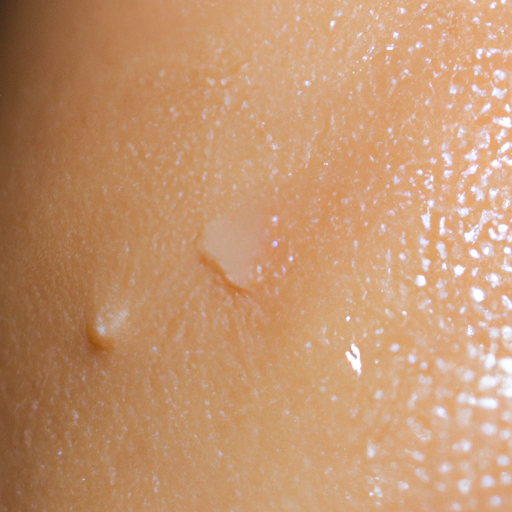As a medical professional, I am often consulted about various skin conditions, one of the most common being oily skin. This condition can lead to a shiny complexion, clogged pores, and frequent acne breakouts. However, with the right skincare routine and lifestyle changes, it is possible to manage oily skin effectively. Here are seven expert tips to help you combat oily skin.
1. Gentle Cleansing: One of the most crucial steps in managing oily skin is regular and gentle cleansing. It is advisable to cleanse your face twice a day using a gentle, oil-free cleanser. Avoid harsh soaps or detergents as they can strip your skin of its natural oils, causing it to produce more oil to compensate.
2. Use Oil-Free and Non-Comedogenic Products: When choosing skincare products, opt for those labeled ‘oil-free’ and ‘non-comedogenic’. These products are specifically designed not to clog pores, reducing the risk of acne breakouts.
3. Hydrate: While it may seem counterintuitive, keeping your skin hydrated is essential in managing oily skin. Dehydrated skin can trigger more oil production. Therefore, use a lightweight, oil-free moisturizer daily to keep your skin hydrated without adding extra oil.
4. Exfoliate Regularly: Exfoliating helps remove dead skin cells that can clog pores and increase oil production. However, be careful not to over-exfoliate as this can irritate the skin and stimulate more oil production. Aim to exfoliate once or twice a week with a gentle product.
5. Balanced Diet: What you eat can also affect your skin’s oil production. Consuming a diet rich in antioxidants, omega-3 fatty acids, and vitamins can help balance your skin’s oil levels. Avoid processed foods, sugars, and unhealthy fats as they can stimulate oil production.
6. Stay Hydrated: Drinking plenty of water not only keeps your body hydrated but also helps in maintaining the balance of oils on your skin. Aim for at least eight glasses of water a day to keep your skin healthy and glowing.
7. Regular Exercise: Regular physical activity helps in regulating the hormones that are responsible for oil production. It also promotes healthy circulation and helps in reducing stress, which can trigger oil production.
While these tips can help manage oily skin, it’s important to remember that everyone’s skin is unique. What works for one person may not work for another. Therefore, it is advisable to consult with a dermatologist or skincare professional to develop a personalized skincare routine that suits your specific needs.
In conclusion, managing oily skin requires a combination of the right skincare routine, a balanced diet, and a healthy lifestyle. With consistency and patience, you can effectively combat oily skin and banish that unwanted shine. Remember, your skin is a reflection of your overall health. So, take care of it, and it will undoubtedly reward you with a healthy, radiant glow.



